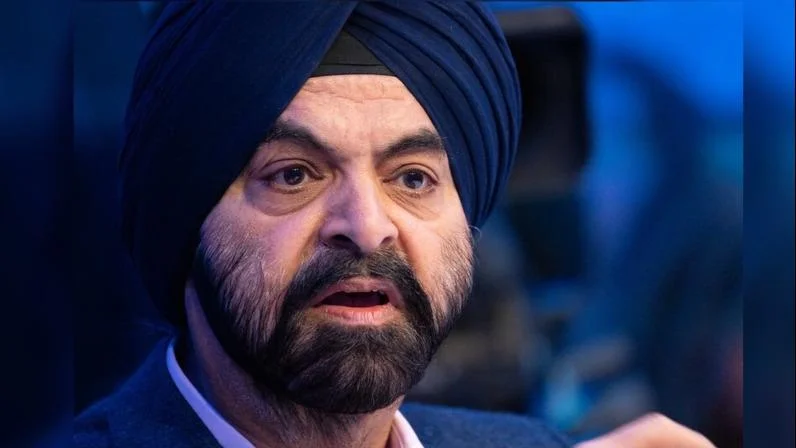The Human Capital Umbrella Trust Fund Program was launched in 2019 with support from the Gates Foundation and the Government of Canada. The program aims to drive investments in human capital using a comprehensive, evidence-based approach. Since its initiation, the program has influenced 29 World Bank-financed operations, representing over $8.5 billion in lending. It aligns with the Human Capital Project, which involves 95 member economies focused on building, protecting, and utilizing human capital. The program operates through three main pillars: knowledge, evidence, and measurement; country engagement; and global engagement.
The Trust Fund's goal is to help countries navigate challenges such as climate change, demographic shifts, and emerging technologies like artificial intelligence by investing in human capital. The Human Capital Umbrella Program supports governments through data insights, technical assistance, and advocacy, aiming to optimize human capital outcomes. The program emphasizes data and evidence to inform policies and shape strategic interventions.
The program enables governments to utilize tools and methodologies to monitor progress, identify areas needing improvement, and effectively target interventions. For instance, in Bangladesh, a comprehensive phone survey of 1,500 women and girls, both NEETs (Not in Education, Employment, or Training) and non-NEETs, was conducted to identify barriers to education, skills training, and employment. In Ethiopia, the Trust Fund has supported the expansion of the Unified Nutrition Information System to improve the country's ability to monitor and evaluate nutrition data.
In Nigeria, the program supported efforts to identify constraints in service delivery within education and healthcare, engaging with stakeholders to agree on proposed reforms. In Ethiopia, collaboration with the government assessed health and education policy implementation, providing technical assistance, including capacity building for local officials, developing tailored strategies, and offering resources and expertise to support policy execution.
Promoting gender equality and women's empowerment is a core mission of the Umbrella Program, aligning with projects such as the World Bank's Sahel Women’s Empowerment and Demographic Dividend project and the Gender Innovation and Regional Learning initiative. The program supports legal and policy reforms for gender inclusion in Togo, Cameroon, and The Gambia, targeting systemic barriers that limit women's societal participation.
In Cote d’Ivoire, the program funded a study on the influence of religious and community leaders on social norms, providing insights for developing gender-based violence prevention strategies. The program also fosters policy dialogue and advocacy, serving as a platform to convene stakeholders and encourage innovation through initiatives like the African Union’s new Convention on Ending Violence Against Women.
While the Umbrella Program does not directly fund these activities, the Human Capital Project organizes Ministerial Conclaves during the World Bank–IMF Annual Meetings. These gatherings promote dialogue on issues such as climate change, job creation, and utilizing AI and digital technology for human capital development. Such encounters ensure that insights from global, regional, and national programs are shared with stakeholders to build capacity, influence policy, and improve investment decisions.

